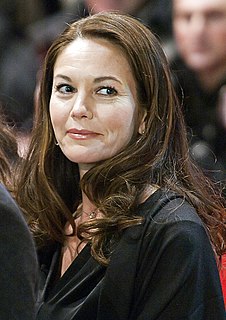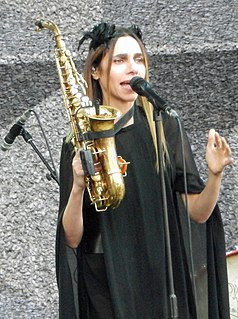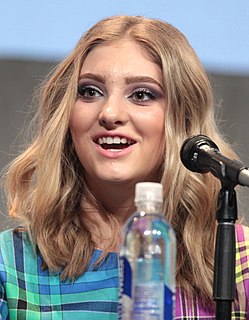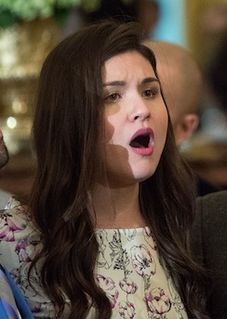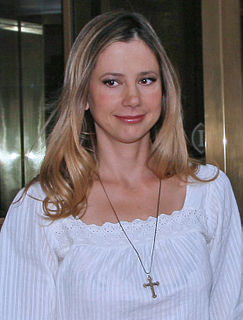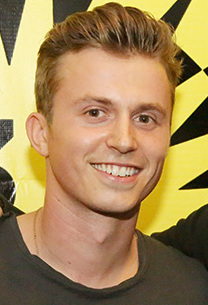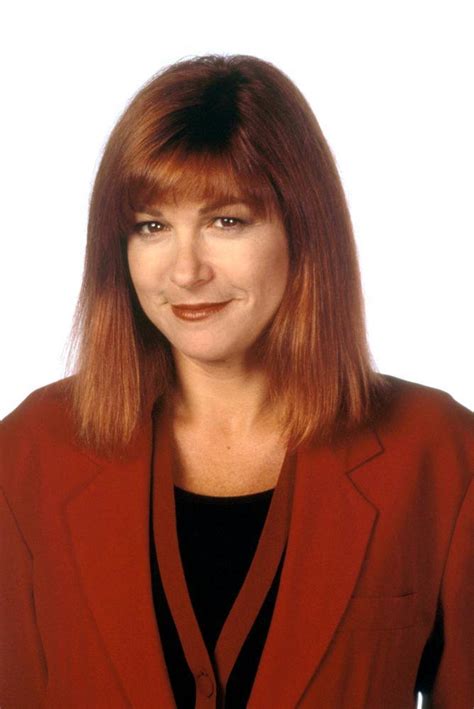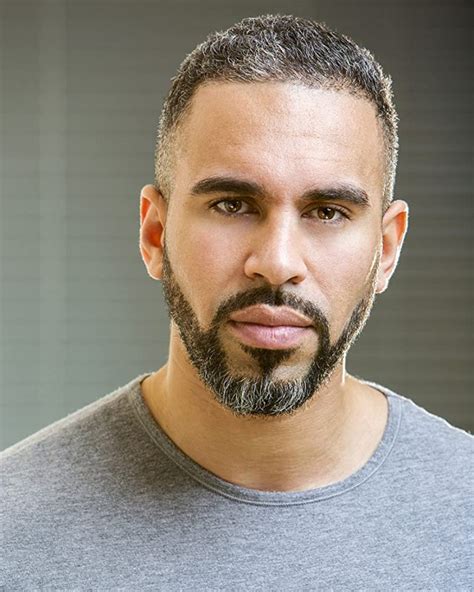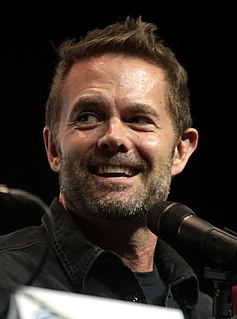A Quote by Diane Lane
What happens between action and cut for me is a blur, I go almost into a whiteout, and then I see the film and I'm like, "Oh that's what I did? Cool!"
Related Quotes
Ever since I was a about seven or eight; I think it was seven. My brother said "I want to start acting," and me and my sister just said, "Oh we'll try it, we'll see." It was just one of those things - we were just like, "Oh, we'll see what happens." So we ended up - all my siblings and me - we ended up just trying it, and I got that one role on In Plain Sight and then we just decided to keep going and see what happens. And then: Hunger Games.
One of the things that I love when I go to a film or when I'm reading some book or whatever, is to be told a secret I thought only I knew and then someone says, "Oh my gosh, you know, too." And film can take us into private moments in a way that the theater, I think, kind of can't, and that's one of the reasons I like doing films. And the way a book can is that these little secrets and the private things that go on in our minds that maybe we haven't shared with anyone, and then someone writes it or shows it to you in a film, you think, "Oh, that's me. Oh my God, that's me, I have that secret."
Lego was our fourth film, because we did two Cloudys, so yeah there's a little bit of shorthand that's involved and then you can anticipate things- because for me it's like, I get a script for a movie and I go, "Wow that's a pretty good script", then you sign on and a couple months later they show you the first cut and you're like, "Whoa, how did that happen?"
That's the thing about acting - it does have the feeling of downhill skiing. When it's really all going right, you know your lines, you know what's important to your character, you pick the strongest reactions possible to elements in the story. But then you let it all go and you're in the moment and stuff happens. It surprises you and it's super strong; it's like you're living life in a slightly heightened way in the time between "action" and "cut."
During the preproduction when I'm shooting and then once we wrap we go away. And then the visual effects guys take over. And then they add all those little bits and pieces. They come up with ideas during the cut in the editing, and they said while would be really cool if we did this thing here where the blade pops out. So then you see the movie and say wow that's a really neat idea. I wish we would have thought of that.
When I like myself, which is not too often, but when I do like myself on film, it's when I point, and I go, 'Look what she did! She did the funniest thing - look at her!' Where I can really separate back from it and I don't see me anymore, then I'm really excited. That's, like, really fun for me. That jazzes me.
With action in Hollywood, a choreographer will be hired to design an amazing fight, with all these cool little narrative bits, such as a fighter having to perform a certain move because he's been injured and can only move that way, but it can all get lost in translation because the director then does what he wants with it and then passes it on to the editor, who does his interpretation of the fight. It becomes almost like Chinese whispers, so sometimes the end fight you see on film is so different to how it was conceived and looked on the day.
